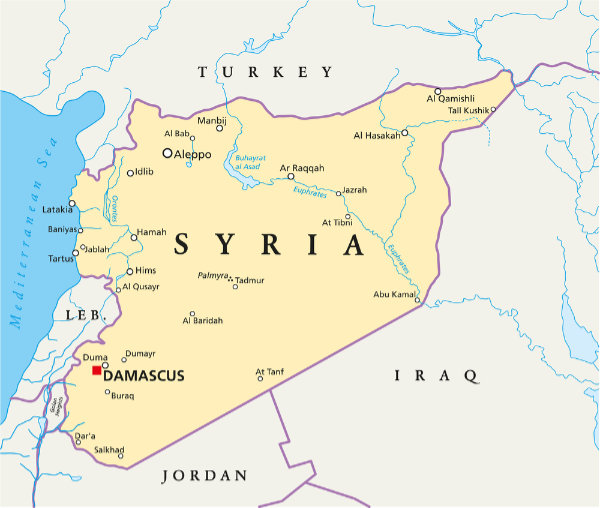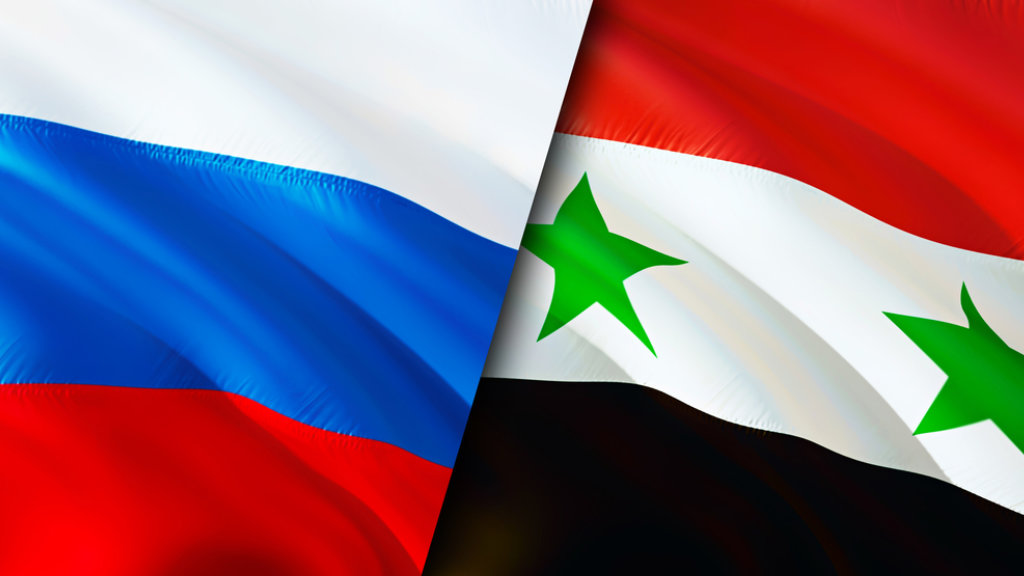Russia’s Foreign Minister Sergey Lavrov has been in New York attending the annual UN General Assembly. During the UN events, several other bilateral meetings were held as numerous countries wish to discuss current affairs with Moscow. Lavrov subsequently met with Bassam al-Sabbagh, Syria’s Minister of Foreign Affairs.
In the course of the meeting, they had an in-depth review of the situation in Syria and around it with a focus on the aspects of its comprehensive settlement in strict compliance with the principles of respect for the sovereignty, unity and territorial integrity of Syria.
The ministers discussed the current situation in the Middle East in the context of the continuing escalation in the Gaza Strip and exacerbation of the situation in Lebanon.
They also touched upon pressing issues of strengthening Russian-Syrian relations and confirmed their mutual commitment to maintain close coordination at the United Nations and other international platforms. This mans they will support each other in international affairs.
The ministers also signed a Declaration of Russia and Syria on Ways and Means of Countering, Mitigating and Compensating the Negative Consequences of Unilateral Coercive Measures.

From the Syrian perspective, Russia is an important geopolitical and economic partner. Moscow’s support for Syria to maintain the security, stability, and development of the country, cancelling sanctions imposed upon Syria, increasing economic cooperation and supporting the government’s efforts to rebuild is in the interest of Damascus.
Syria’s strategic position in the Middle East, and the Eastern Mediterranean are also important for Russia’s long-term interests. In the most recent 2023 Russian Foreign Policy Concept, Moscow is paying attention to the development of relations with various regional trade blocs, opportunities for the development of global trade and investment, the balance of global power, the creation of a multipolar international system, and strengthening cooperation with Islamic countries. Also, in this document, Moscow paid specific attention to providing comprehensive support to Syria.
Energy
Syria is a crude oil producer in the Eastern Mediterranean with significant gas reserves. In the past few decades, several agreements in the oil and gas fields were signed between Moscow and Damascus. Russia’s Stroytransgaz has had projects such as a natural gas processing plant and assistance in the construction of the Arab gas pipeline. Tatneft began pumping Syrian oil in 2010 through a joint venture with the Syrian National Oil Company. Between September 2019 and January 2020, Syria awarded four new oil exploration contracts to several Russian companies. In 2021, the Syrian government approved a contract with the Russian company Capital Limited for oil exploration in the Mediterranean Sea. Also, the signing of a contract in March 2022 between Russia’s Ros EnergoStroy Levant (RESL), and Damascus to build a 25-megawatt (MW) gas turbine power plant in Aleppo is of strategic importance.
Investment in Rebuilding Syria
Russian companies have had a presence in Syria’s infrastructure, energy, and tourism industries for many years. Over the past years, Moscow’s role has been prominent in the reconstruction of the port of Tartus (a contract of more than US$500 million was signed in April 2019), the modernization of a fertilizer production plant in Homs, and the reconstruction of several oil and gas fields and refining institutions.
Russia has also given the Damascus numerous government loans, while Moscow’s investments in Syria can be measured in the tens of billions of dollars.
The United Nations estimated in 2020 that Syrian economic losses exceeded US$$442 billion. Syria’s economic problems and the massive reduction in GDP, are problematic for the Syrian economy. Oil, agriculture, industrial production, and the tourism industry are sources of income for the Syrian government, and investments have been made for revival. Russia has also declared several times its willingness to help in the reconstruction of Syria and is helping to rebuild the Syrian economy. In the strategy of “rebuilding Syria”, Damascus has placed great hopes on Russia and is encouraging foreign investment by deregulation of the banking sector and new laws and guarantees. Russia has also declared several times its willingness to help in the reconstruction of Syria and is helping to rebuild the Syrian economy. These initiatives look set to continue and may provide a springboard for Russian investments into other regional areas – such as the Lebanon and Palestine – that will require immediate investment once the Israeli conflict is resolved.

 Русский
Русский













